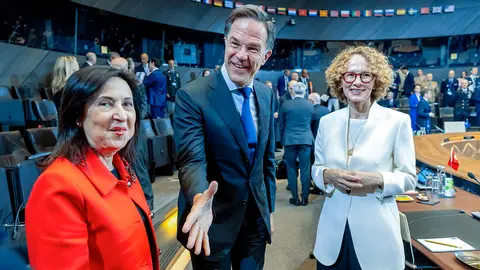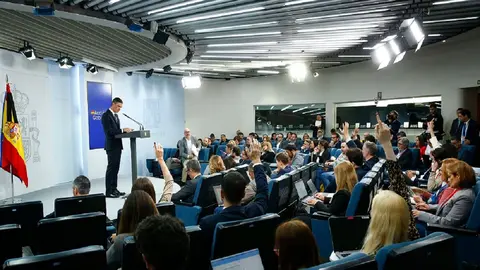Trump vetoes Zelensky's presence at NATO summit to avoid angering Putin
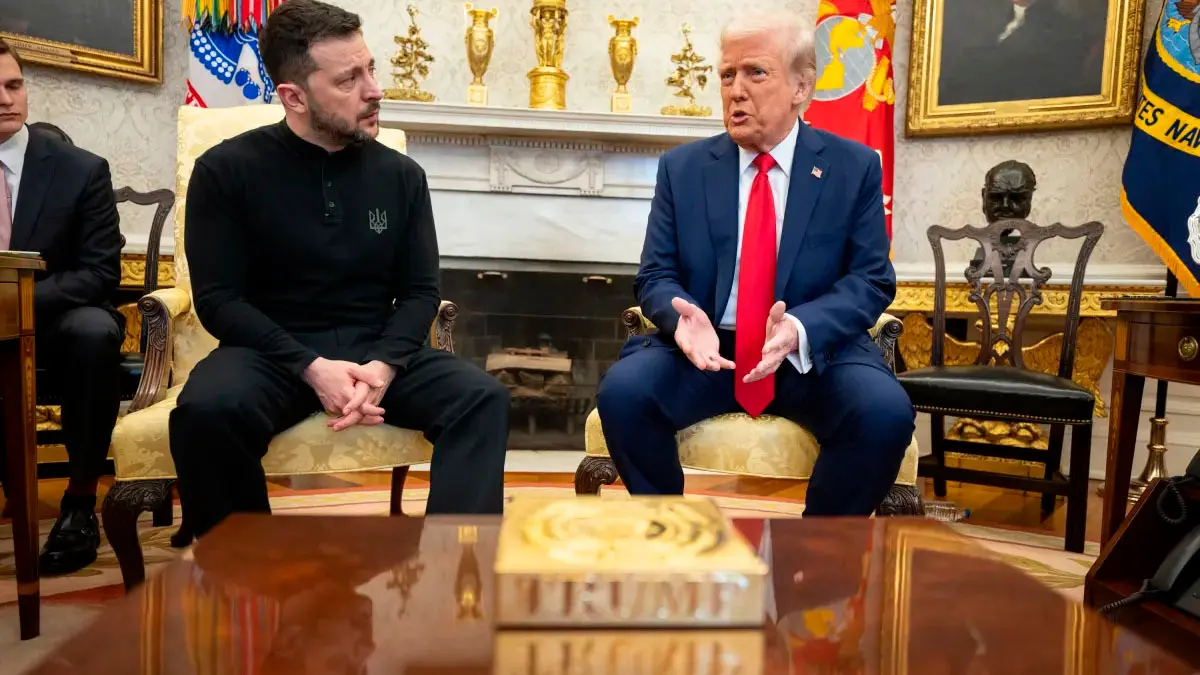
- Avoiding the collapse of US-Russia negotiations on Ukraine
- A NATO-Ukraine meeting will be held in The Hague
This is the first time since the invasion of Ukraine in February 2022 that President Volodymyr Zelensky has not been invited by NATO to attend and participate, in person or by videoconference, in the annual summit held by the top political leaders of the Alliance nations.
The spokesperson for the Ukrainian Foreign Ministry, Heorhiy Tykhyi, has already confirmed that the Ukrainian president has only been invited to attend with his wife the official state dinner that the King and Queen of the Netherlands, Willem-Alexander and Máxima, will host to entertain the heads of state or government of the 32 allied nations and other guests.
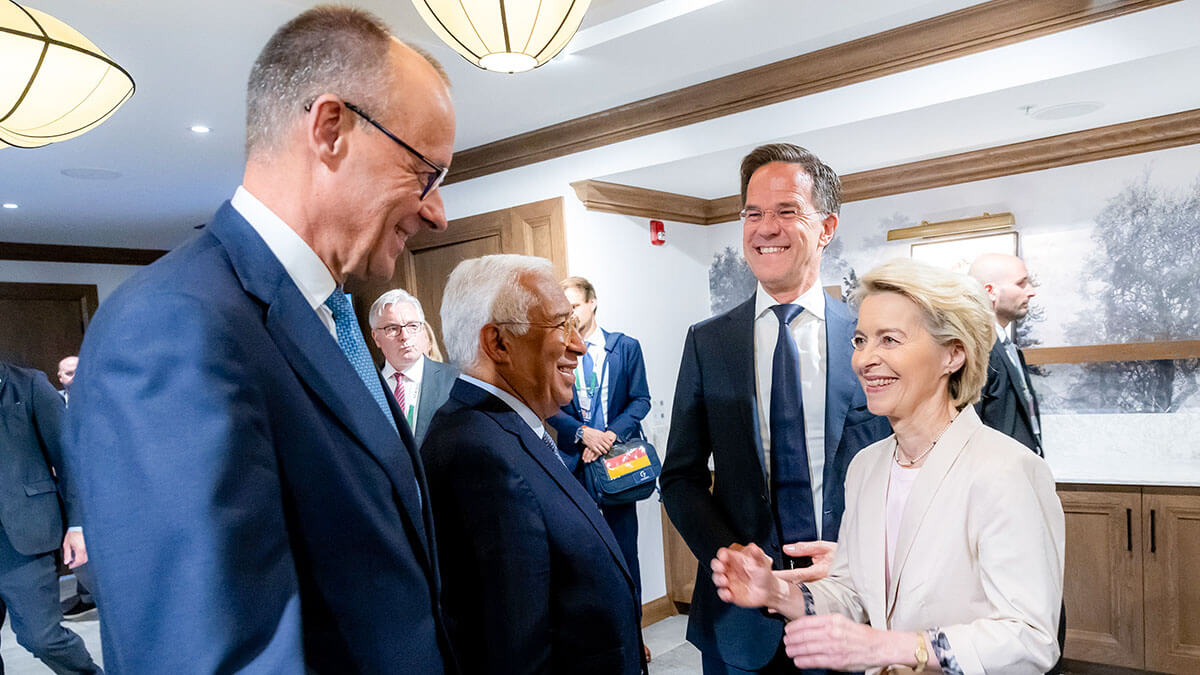
The evening is scheduled to begin at 7 p.m. on 24 June at the Huis ten Bosch palace in The Hague, the evening before the important morning meeting that will bring together the national leaders of the Alliance, whose agenda is focused on agreeing new measures on deterrence and, in particular, increasing defence budgets from 2 to 5 per cent by 2035.
To keep up appearances, in addition to the Zelensky couple, the official dinner, dubbed ‘informal,’ will also be attended by the most loyal allies of the United States and NATO in the Indo-Pacific: the prime ministers of Australia, Anthony Albanese; Japan, Shigeru Ishiba; and New Zealand, Christopher Luxon, as well as the newly appointed president of Korea, Lee Je-myung.
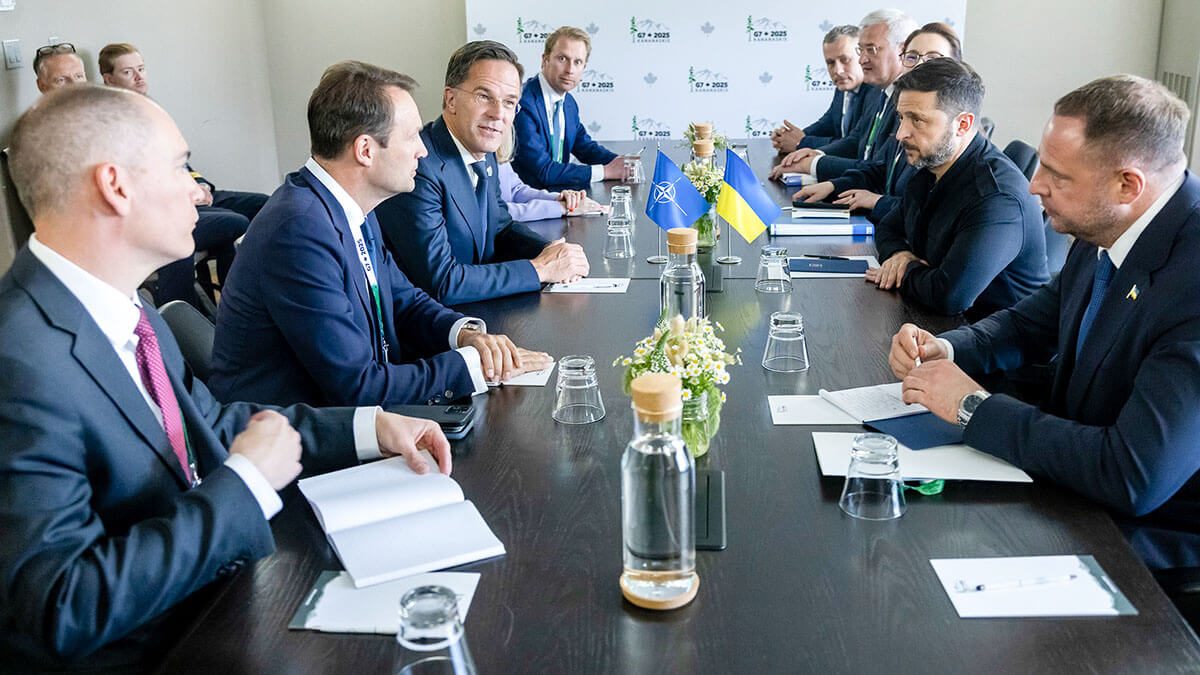
Avoiding the collapse of US-Russia negotiations on Ukraine
Of course, the highest dignitaries of the European Union are also invited to the royal reception: the President of the Council, Portugal's António Costa, and the President of the Commission, Germany's Ursula von der Leyen. Mark Rutte and his team have also considered inviting other important partners, such as the presidents of the United Arab Emirates and Saudi Arabia, but so far there has been no official confirmation as to whether invitations have been sent.
Excluding Zelensky from the summit in The Hague is an imposition by US President Donald Trump on the Secretary General of the Alliance, Dutch Prime Minister Mark Rutte. The highest-ranking NATO politician has endorsed this decision and, in some way, the snub to the Ukrainian leader ‘is being compensated for by the invitation extended to him by the King and Queen of the Netherlands, who are hosting the evening,’ according to Alliance sources.
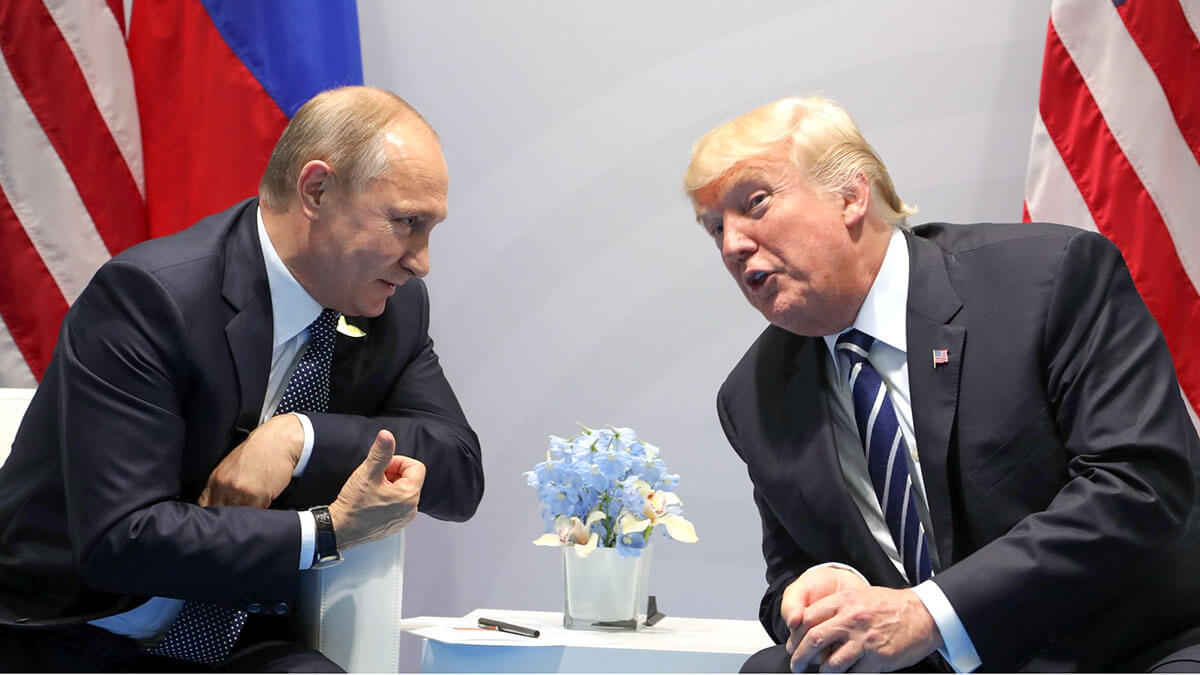
Although Zelensky has claimed that if Ukraine does not attend the Alliance summit in The Hague, ‘it will be a victory for Putin’, the US president's demand to sideline the Ukrainian leader from the meeting is understandable from Washington's perspective. On the one hand, Trump does not want to anger Vladimir Putin, who could break off negotiations between the United States and Russia in Riyadh, the capital of Saudi Arabia, in search of a ceasefire prior to a lasting peace in Ukraine.
On the other hand, the White House argues that Ukraine is not a member of NATO and therefore its presence is not mandatory. In any case, the Trump administration wants to avoid the collapse of the dialogue on the future of Ukraine, which since mid-February has been held by a delegation led by Secretary of State Marco Rubio and another Russian delegation chaired by Foreign Minister Sergei Lavrov.
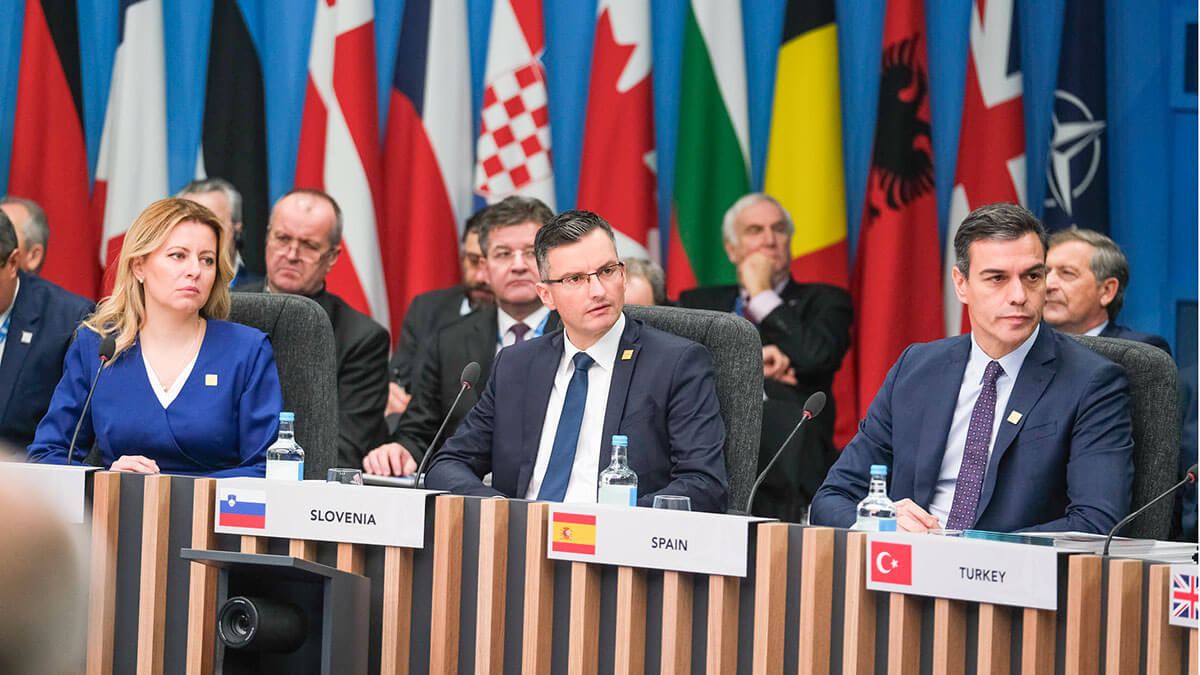
A NATO-Ukraine meeting will be held in The Hague
However, the Alliance has made a nod to Zelensky and, in parallel with the gala dinner on 24 June at the Huis ten Bosch palace, the Alliance's Deputy Secretary General, Radmila Shekerinska, will chair a working dinner of the NATO-Ukraine Council, which will be attended by the foreign ministers of the 32 member states and the Ukrainian foreign minister, Andrii Sybiha. A working dinner of defence ministers will also be held that evening to finalise the outstanding issues from the previous day's meeting, a mediation task undertaken by the Dutch defence minister, Ruben Brekelmans.
The main objective of the NATO summit that Secretary General Mark Rutte hopes to achieve is to reach an agreement among all Alliance members on increasing defence spending. The proposal on the table enjoys broad support and aims to increase the budgetary allocations of each of the 32 partners to 5 per cent of their GDP, with 3.5 per cent earmarked for direct military investment and 1.5 per cent for the financing of material or cyber support infrastructure.
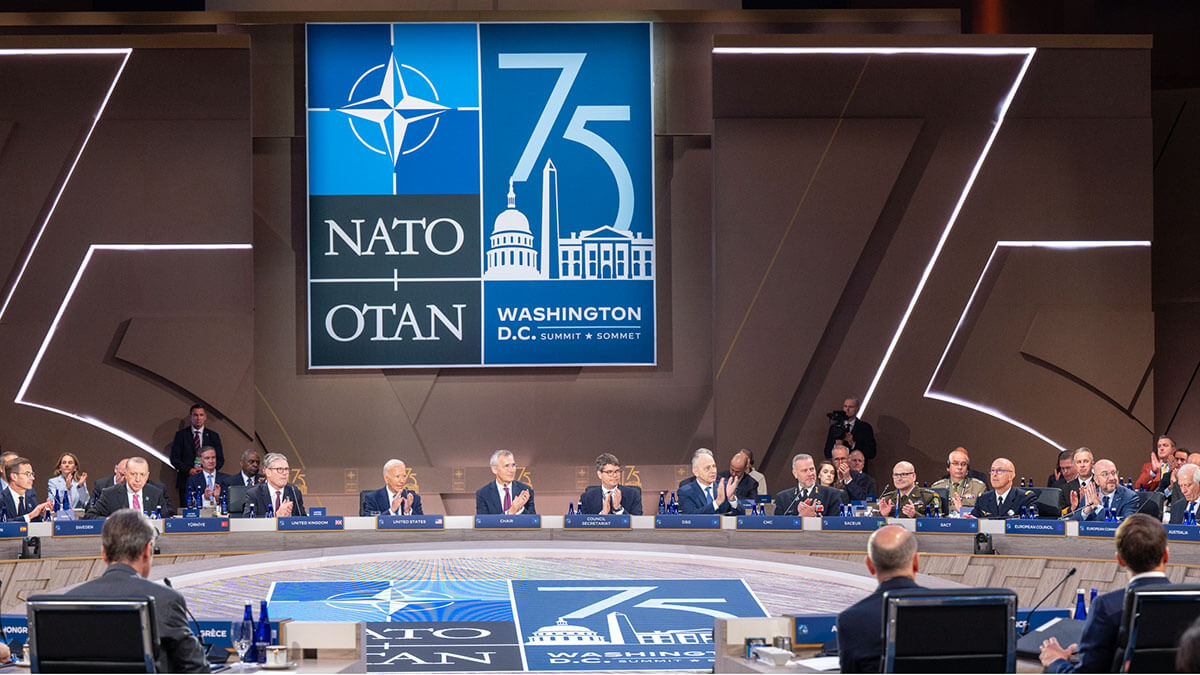
Spain, through Minister Margarita Robles, already stated on 5 June that it was not in favour of such increases, but it is likely that President Sánchez, at the meeting on 25 June, will accept the proposal supported by the United States and the vast majority of countries.
At the informal meeting of foreign ministers held on 15 May in Antalya, Turkey, which was not attended by the Spanish minister, José Manuel Albares, but by the Secretary of State for Foreign Affairs, Diego Martínez Belío—US Secretary of State Marco Rubio confirmed to Mark Rutte that Trump ‘agreed to invite Zelensky... but not to a formal meeting,’ unlike what happened in Washington in 2024 on the occasion of the 75th anniversary of the Alliance, with Joe Biden in the White House.
Rutte followed the model of the NATO summit held in London in December 2019, which was attended by Trump as US president at the time and also by President Pedro Sánchez. The Alliance arranged for Queen Elizabeth II to invite those leaders who had travelled to the British capital but were not going to participate in the high-level meetings to attend a reception at Buckingham Palace.


